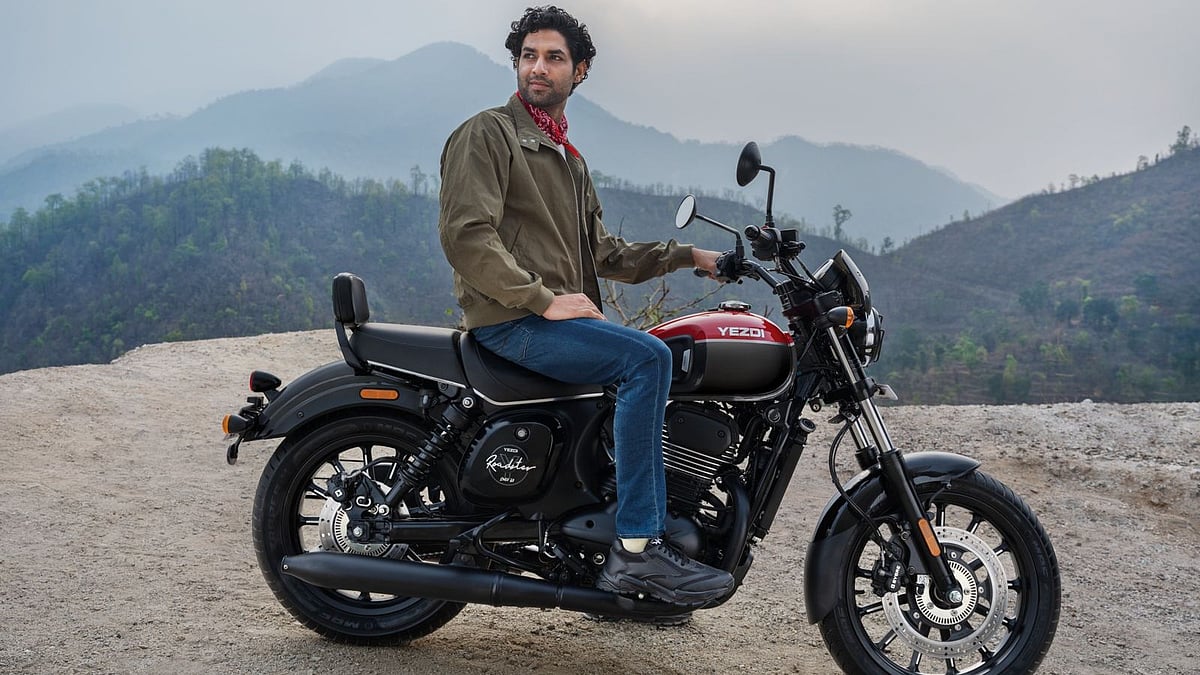The Supreme Court on Thursday said that constitutional courts cannot allow Enforcement Directorate to invoke provisions like Section 45 of the Prevention of Money Laundering (PMLA) and use them as instruments to put accused persons behind bars as under trials for a protracted period.
This is even more when there is no possibility of a trial of the scheduled PMLA offence concluding within a reasonable time. The court further said that expeditious disposal of trial is warranted in cases arising out of statutes like PMLA, which lay down higher threshold for the grant of bail. It made the observations while granting bail to former TN Minister V Senthil Balaji in connection with his June 2023 arrest in a money-laundering case.
The division bench of Justice Abhay S Oka and Justice Augustine George Masih was further of the view that if constitutional courts do not exercise their jurisdiction in such cases, the rights of the undertrials under Article 21 of Constitution of India will be defeated.
The court expressed concern over the long incarceration of Balaji for 15 months and said that since the trial in the PMLA case or scheduled offence is not likely to be completed in three or four years or more, Balaji's further detention will violate his right to speedy trial under Article 21. The court also clarified that if the delay in trial of scheduled offence or offence under PMLA is attributed to accused, constitutional courts can always decline to exercise their jurisdiction.

The court observed that the Constitutional Courts have to bear in mind while dealing with the cases under PMLA that, except in a few exceptional cases, the maximum sentence can be of seven years. The top court said some day, the courts, especially the constitutional courts, will have to take a call on a peculiar situation that arises in the justice delivery system.
“There are cases where clean acquittal is granted by the criminal courts to the accused after very long incarceration as an undertrial. When we say clean acquittal, we are excluding the cases where the witnesses have turned hostile or there is a bona fide defective investigation.
“In such cases of clean acquittal, crucial years in the life of the accused are lost. In a given case, it may amount to violation of rights of the accused under Article 21 of the Constitution which may give rise to a claim for compensation,” the bench said.











